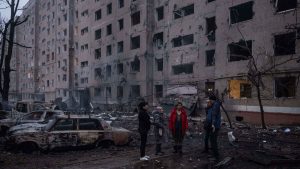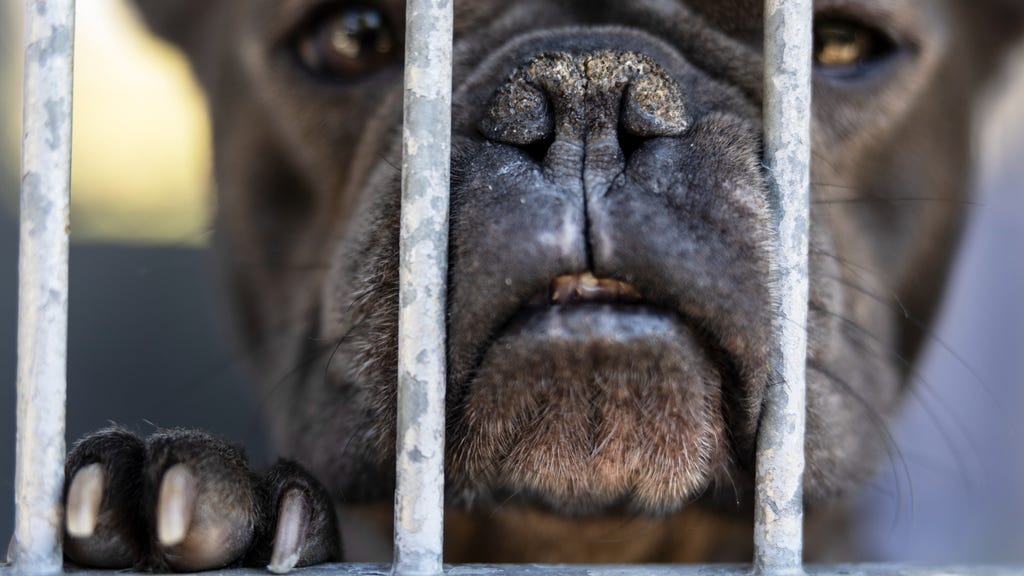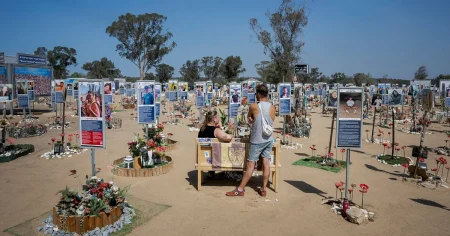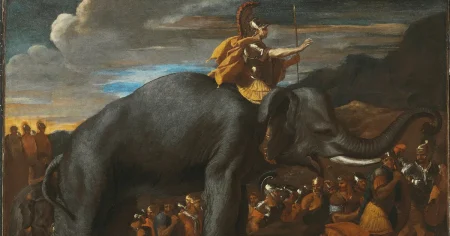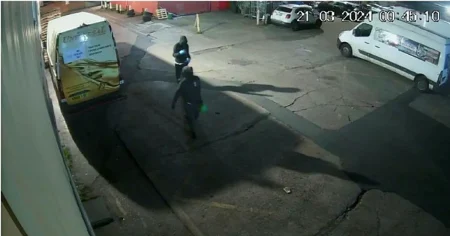Los Angeles, estimated to have the highest dog density in the United States, with over half a million dog-owning households, is facing a pet-related crisis in the wake of devastating wildfires. The fires, which have forced around 130,000 people to evacuate, have created a nightmare scenario for the city’s substantial animal population. The Pasadena Humane Society, located a short distance from the burning areas in the hard-hit city of Pasadena, has become a temporary refuge for hundreds of displaced animals. Dogs bark anxiously from their cages, a cacophony of fear and uncertainty echoing through the facility. The shelter houses a diverse range of animals, from Chihuahuas to Alaskan Huskies, Rottweilers to Australian Shepherds, each with its own story of displacement and fear.
The Pasadena Humane Society serves as a critical holding point for pets whose owners have been forced into shelters, offering a safe haven until families can be reunited. Additionally, the center cares for stray animals found wandering amidst the fire’s devastation. The facility has been overwhelmed by the sheer number of animals in need, exceeding the intake of any previous natural disaster. Over 500 animals, including dogs, cats, rabbits, chickens, snakes, and turtles, currently reside at the center. The previous week even saw a pony and a pig seeking refuge alongside the smaller creatures. The scale of the disaster has stretched the shelter’s resources, highlighting the immense impact of the fires on both human and animal populations.
The heartbreaking scenes at the Pasadena Humane Society offer a glimpse into the trauma experienced by animals caught in the inferno. Dogs arrive with burned paws and persistent coughs resulting from smoke inhalation. The psychological toll is also significant, with animals exhibiting signs of extreme stress. Kevin McManus, spokesperson for Pasadena Humane, notes that animals, like humans, are deeply affected by the disaster. However, their stress manifests differently. Dogs often lose their appetite and shut down, exhibiting symptoms akin to PTSD. The long-term psychological impact on these animals is a major concern for the shelter.
Reuniting displaced animals with their owners is a top priority. However, the process is often complicated by severe burns that make identification difficult or impossible. One poignant encounter saw two women arrive at the shelter hoping to find their missing cat. The cat, however, was so badly burned that identification was impossible, forcing the women to wait in agonizing uncertainty. The sheer number of displaced and injured animals underscores the immense challenge of reuniting families amidst the chaos and devastation.
Beyond the immediate crisis of shelter and care, the long-term implications of the fires for Los Angeles’ pet population remain uncertain. With upwards of 13,000 buildings destroyed, a new city will rise from the ashes. Will there be fewer pets in this rebuilt metropolis? Will pet owners reconsider the risks of living in a fire-prone area? These questions linger as the city grapples with the aftermath of the disaster. Despite the tragedy, Kevin McManus emphasizes the healing power of animals, sharing his own experience of finding solace in his cat after returning home from the fire-stricken areas. The comforting presence of his pet allows him to process his grief, highlighting the profound bond between humans and animals.
The wildfires in Los Angeles have exposed the vulnerability of the city’s large pet population, revealing the urgent need for comprehensive disaster preparedness plans that address the specific needs of animals. The Pasadena Humane Society’s heroic efforts, along with the dedication of countless volunteers and animal lovers, provide a beacon of hope amidst the devastation. Their work exemplifies the resilience of the human-animal bond in the face of unimaginable adversity. As Los Angeles rebuilds, the lessons learned from this disaster will hopefully lead to a more resilient and prepared community, one that ensures the safety and well-being of all its residents, both human and animal.




